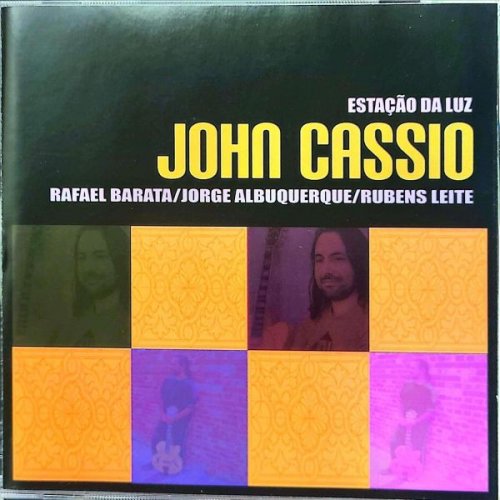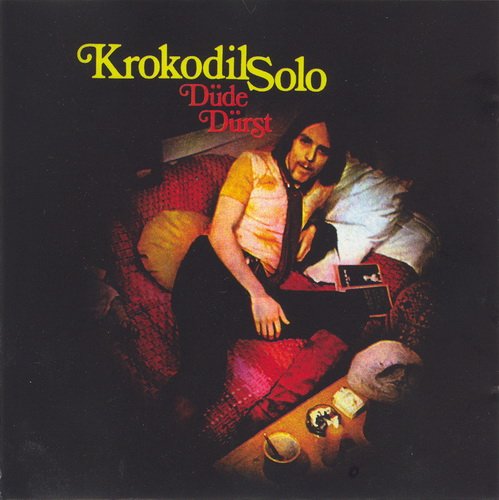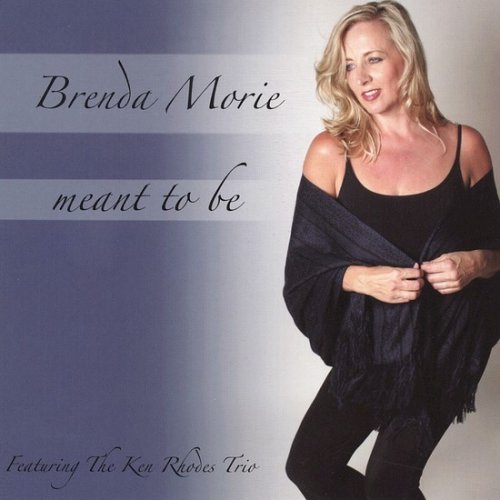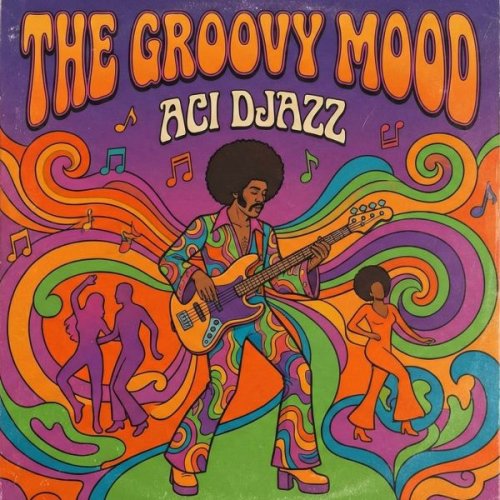Jan Vogler - The Secrets of Dvorak Cello Concerto (2005)
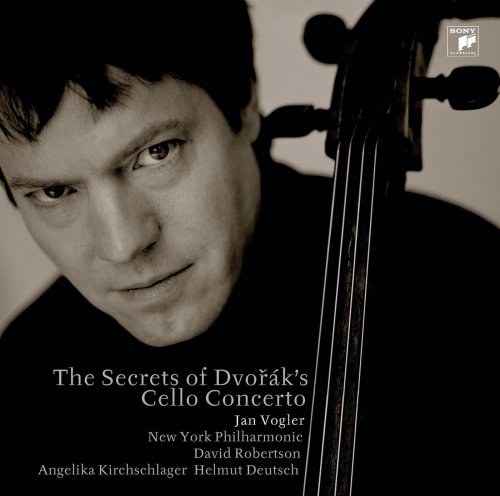
Artist: Jan Vogler
Title: The Secrets of Dvorak Cello Concerto
Year Of Release: 2005
Label: Sony Classical
Genre: Classical
Quality: FLAC (tracks)
Total Time: 67:44
Total Size: 291 Mb
WebSite: Album Preview
Tracklist: Title: The Secrets of Dvorak Cello Concerto
Year Of Release: 2005
Label: Sony Classical
Genre: Classical
Quality: FLAC (tracks)
Total Time: 67:44
Total Size: 291 Mb
WebSite: Album Preview
Dvořák: Concerto for Cello & Orchestra in B minor, Op. 104
2. Allegro 14'37
3. Adagio, ma non troppo 11'37
4. Finale. Allegro moderato 12'45
5. Dvořák: Lasst mich allein, Op. 82, No. 1 (cello version) 4'14
6. Foster: Jeanie With the Light Brown Hair 2'35
7. Foster: Wilt Thou Be Gone, Love? 4'36
Dvořák: Zigeunerlider, Op. 55
8. No. 1: Mein Lied ertont 2'28
9. No. 2: Ei, wie mein Triangel 1'04
10. No. 3: Rings ist der Wald so stumm end still 3'39
11. No. 4: Als die alte Mutter mich noch lehrte singen 2'10
12. No. 5: Reingestimmt die Saiten! 1'02
13. No. 6: In dem weiten, breiten, luft'gen Leinenkleide 1'20
14. No. 7: Horstet hoch der Habecht 1'47
Performers:
Jan Vogler, cello
Angelika Kirchschlager, Mezzo-soprano
Helmut Deutsch, piano
New York Philharmonic
David Robertson, conductor
These head notes take some explaining. Leave Me Alone is presented twice: the original song, sung by Angelika Kirchschlager, plus a version for cello and piano played by Jan Vogler. In the op. 55 Gypsy Songs, she sings Nos. 2, 5, and 6, while he plays the other four. Ms Kirchschlager sings both Stephen Foster ballads; Wilt Thou Be Gone, Love? includes a cello solo, as well. Pianist Helmut Deutsch accompanies it all. This is all appropriate filler material, as these songs supposedly influenced the composition of the concerto, but the oddities of presentation are not explained. Let’s just say that these recordings, made in a Viennese Casino on May 18, 2005, were Vogler’s party, at which Kirchschlager was merely an invited guest. Standing in a corner, the composer was heard to mutter “Lasst meine Lieder allein.”
Jan Vogler is a young cellist from Berlin who studied with Peter Vogler, Josef Schwab, and Heinrich Schiff. He became principal cellist of the Dresden Staastkapelle at the age of 20, leaving in 1997 to pursue a solo career. His instrument is a 1712 Joseph filius Andrea Guarneri. He has a major reputation in Europe—he won the German equivalent of a Grammy Award as Best Instrumentalist of 2002—and several recent appearances in New York have drawn favorable reviews. He appears as soloist on 15 Berlin Classics CDs; his 2003 Korngold and Barber concertos, with Thomas Sanderling and the Saarbrücken Radio Symphony, cut much of the saccharine and raise those works well above mere respectability. This is his third recording for Sony, following a disc of works by Richard Strauss (Don Quixote and Romance for Cello and Orchestra with Staastkapelle Dresden, plus the Cello Sonata) and one of the Fauré and Schumann piano quintets with Louis Lortie. Neither has ever been available in America.
Angelica Kirchschlager is the latest in the series of great mezzo-sopranos of our era. She has a seamless, easily produced voice, faultless technique that never draws attention to itself, and great feeling for many musical styles. It speaks well of her confidence that she agreed to play second fiddle on this disc. Her Gypsy Songs (sung in German) are so fine that I wish she had sung all seven, but Mr. Vogler’s playing is equally wonderful. Mr. Deutsch gets to show his stuff in the brilliant, complex accompaniments, Foster not having offered him much of a challenge.
Having disposed of the hors d’oeuvres, we can now attack the main course. After the opening phrase, the Cello Concerto’s orchestral introduction is so high-spirited that one wonders if a cello will be able to match it. In the second theme, Philip Myers’s solo horn (the Philharmonic’s full roster appears in the booklet) could wring tears from a stone. The cello entrance is equally strong; Vogler’s lean, clean sonority shines through. Throughout the performance, the athletic side of the music is to the fore; emotion is not short-changed, but the work never falls prey to the over-ripe sentimentality common to most recordings. A best single word to describe this performance would be invigorating. The obvious comparison is with Yo-Yo Ma, playing with the same orchestra in the same hall, for the same label. It’s not that Vogler is a better cellist (only God and Feuermann?), but he has an exuberant personal style, as does conductor David Robertson; they throw themselves into the music wholeheartedly. Ma’s playing is more inhibited—no, that’s not quite the right word—more self contained. His conductor Kurt Masur fits the same mold, being a product of conservative German musical tradition.
The recorded sound is gorgeous. The recording took place in Avery Fisher Hall on December 6, 2004; the orchestra kindly allowed me to attend the morning session (the first movement), and the troublesome venue never sounded so rich and alive. With no audience (I was surrounded by 2,741 empty seats) nor any artificial damping materials, as were used at some Columbia sessions in the Bernstein era, the music surged through the hall, vibrant and forceful. On the recording, ff climaxes do turn slightly hard, a common fault of this hall, but that’s a minor blemish on an otherwise stunning achievement. Vogler’s lean, forward tone makes its presence felt at all times, as it did in the hall, so it does not depend on electronic assistance. Kudos to producer Andreas Neubronner! After 50 minutes of rehearsal and audio adjustments, the opening Allegro was set down in one complete take and another broken into three sections. One wishes Sony had issued an SACD recording here; why is it no longer supporting its own medium? Vogler’s aforementioned Don Quixote is a Sony surround-sound hybrid SCAD “only available outside the US market,” according to www.highfidelity.net.
This CD bears the title: “The Secrets of Dvo?ák’s Cello Concerto,” which relates to two interviews in the program notes between Michael Beckerman, chair of New York University’s Department of Music and a specialist in Czech music, and cellist Jan Vogler. They do explore some interesting areas and provide some valuable information, but I find most of it to be hype, pursuing the question of whether the death of Dvo?ák’s love Josefina Kounicová (whose sister Anna he married, à la Mozart) has relevance to our understanding of the Cello Concerto. Here’s a basic point on which I disagree: Beckerman writes “Telling musical stories in one way or another was Dvo?ák’s stock in trade at this time in his career” (the Cello Concerto followed the “New World” Symphony, was contemporary with his final two quartets, in G Major and AI Minor, and preceded the four tone poems after Erben ballads). The statement is too vague and too hedged to contradict, but I feel it misrepresents the composer, and the following 16 pages of argument are based on it. If we examine Dvo?ák’s œuvre, most observers agree that his best works are his instrumental and orchestral ones, not his operas, which, in spite of containing much wonderful music, fail just because he was not much of a story teller. His lovely songs depend primarily on their luscious melodies. The Cello Concerto speaks to me as an instrumental and orchestral masterpiece, and to hell with its composer’s love life. Those interviews form the entire program notes, their 17 pages denying us a single word of song texts. If Dvo?ák was such a story teller, why not let us read some of his stories? Texts would have been especially welcome for the songs played by the cello. Perhaps what I dislike most is Sony’s view that every disc these days must have an Album Concept, as if Dvo?ák, Jan Vogler, and the New York Philharmonic were not enough.
Arkivmusic.com lists 102 entries under Dvo?ák’s Cello Concerto, by 38 soloists; many are duplications and/or reissues, so the number of performances is probably about 50. I’ve heard perhaps half that many, and this new one is my favorite. It should not be a serious collector’s only recording, of course; I’ve kept at least seven others: Casals/Szell (pace Bernard Jacobson), Starker/Dorati, Rostropovich/Talich, Ma/Masur, and three Feuermanns. -- James H. North
Jan Vogler is a young cellist from Berlin who studied with Peter Vogler, Josef Schwab, and Heinrich Schiff. He became principal cellist of the Dresden Staastkapelle at the age of 20, leaving in 1997 to pursue a solo career. His instrument is a 1712 Joseph filius Andrea Guarneri. He has a major reputation in Europe—he won the German equivalent of a Grammy Award as Best Instrumentalist of 2002—and several recent appearances in New York have drawn favorable reviews. He appears as soloist on 15 Berlin Classics CDs; his 2003 Korngold and Barber concertos, with Thomas Sanderling and the Saarbrücken Radio Symphony, cut much of the saccharine and raise those works well above mere respectability. This is his third recording for Sony, following a disc of works by Richard Strauss (Don Quixote and Romance for Cello and Orchestra with Staastkapelle Dresden, plus the Cello Sonata) and one of the Fauré and Schumann piano quintets with Louis Lortie. Neither has ever been available in America.
Angelica Kirchschlager is the latest in the series of great mezzo-sopranos of our era. She has a seamless, easily produced voice, faultless technique that never draws attention to itself, and great feeling for many musical styles. It speaks well of her confidence that she agreed to play second fiddle on this disc. Her Gypsy Songs (sung in German) are so fine that I wish she had sung all seven, but Mr. Vogler’s playing is equally wonderful. Mr. Deutsch gets to show his stuff in the brilliant, complex accompaniments, Foster not having offered him much of a challenge.
Having disposed of the hors d’oeuvres, we can now attack the main course. After the opening phrase, the Cello Concerto’s orchestral introduction is so high-spirited that one wonders if a cello will be able to match it. In the second theme, Philip Myers’s solo horn (the Philharmonic’s full roster appears in the booklet) could wring tears from a stone. The cello entrance is equally strong; Vogler’s lean, clean sonority shines through. Throughout the performance, the athletic side of the music is to the fore; emotion is not short-changed, but the work never falls prey to the over-ripe sentimentality common to most recordings. A best single word to describe this performance would be invigorating. The obvious comparison is with Yo-Yo Ma, playing with the same orchestra in the same hall, for the same label. It’s not that Vogler is a better cellist (only God and Feuermann?), but he has an exuberant personal style, as does conductor David Robertson; they throw themselves into the music wholeheartedly. Ma’s playing is more inhibited—no, that’s not quite the right word—more self contained. His conductor Kurt Masur fits the same mold, being a product of conservative German musical tradition.
The recorded sound is gorgeous. The recording took place in Avery Fisher Hall on December 6, 2004; the orchestra kindly allowed me to attend the morning session (the first movement), and the troublesome venue never sounded so rich and alive. With no audience (I was surrounded by 2,741 empty seats) nor any artificial damping materials, as were used at some Columbia sessions in the Bernstein era, the music surged through the hall, vibrant and forceful. On the recording, ff climaxes do turn slightly hard, a common fault of this hall, but that’s a minor blemish on an otherwise stunning achievement. Vogler’s lean, forward tone makes its presence felt at all times, as it did in the hall, so it does not depend on electronic assistance. Kudos to producer Andreas Neubronner! After 50 minutes of rehearsal and audio adjustments, the opening Allegro was set down in one complete take and another broken into three sections. One wishes Sony had issued an SACD recording here; why is it no longer supporting its own medium? Vogler’s aforementioned Don Quixote is a Sony surround-sound hybrid SCAD “only available outside the US market,” according to www.highfidelity.net.
This CD bears the title: “The Secrets of Dvo?ák’s Cello Concerto,” which relates to two interviews in the program notes between Michael Beckerman, chair of New York University’s Department of Music and a specialist in Czech music, and cellist Jan Vogler. They do explore some interesting areas and provide some valuable information, but I find most of it to be hype, pursuing the question of whether the death of Dvo?ák’s love Josefina Kounicová (whose sister Anna he married, à la Mozart) has relevance to our understanding of the Cello Concerto. Here’s a basic point on which I disagree: Beckerman writes “Telling musical stories in one way or another was Dvo?ák’s stock in trade at this time in his career” (the Cello Concerto followed the “New World” Symphony, was contemporary with his final two quartets, in G Major and AI Minor, and preceded the four tone poems after Erben ballads). The statement is too vague and too hedged to contradict, but I feel it misrepresents the composer, and the following 16 pages of argument are based on it. If we examine Dvo?ák’s œuvre, most observers agree that his best works are his instrumental and orchestral ones, not his operas, which, in spite of containing much wonderful music, fail just because he was not much of a story teller. His lovely songs depend primarily on their luscious melodies. The Cello Concerto speaks to me as an instrumental and orchestral masterpiece, and to hell with its composer’s love life. Those interviews form the entire program notes, their 17 pages denying us a single word of song texts. If Dvo?ák was such a story teller, why not let us read some of his stories? Texts would have been especially welcome for the songs played by the cello. Perhaps what I dislike most is Sony’s view that every disc these days must have an Album Concept, as if Dvo?ák, Jan Vogler, and the New York Philharmonic were not enough.
Arkivmusic.com lists 102 entries under Dvo?ák’s Cello Concerto, by 38 soloists; many are duplications and/or reissues, so the number of performances is probably about 50. I’ve heard perhaps half that many, and this new one is my favorite. It should not be a serious collector’s only recording, of course; I’ve kept at least seven others: Casals/Szell (pace Bernard Jacobson), Starker/Dorati, Rostropovich/Talich, Ma/Masur, and three Feuermanns. -- James H. North
DOWNLOAD FROM ISRA.CLOUD
Jan Vogler - The Secrets of Dvorak Cello Concerto (2005) FLAC.rar - 291.1 MB
Jan Vogler - The Secrets of Dvorak Cello Concerto (2005) FLAC.rar - 291.1 MB
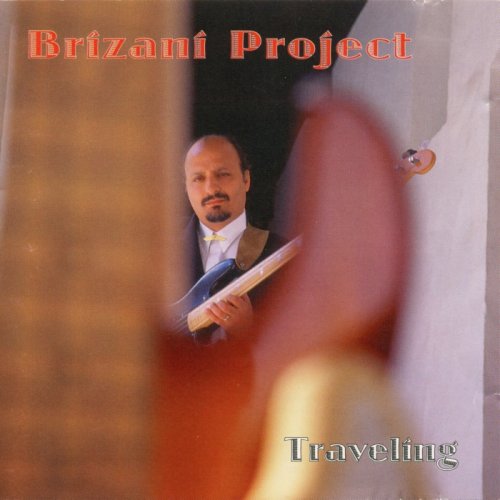
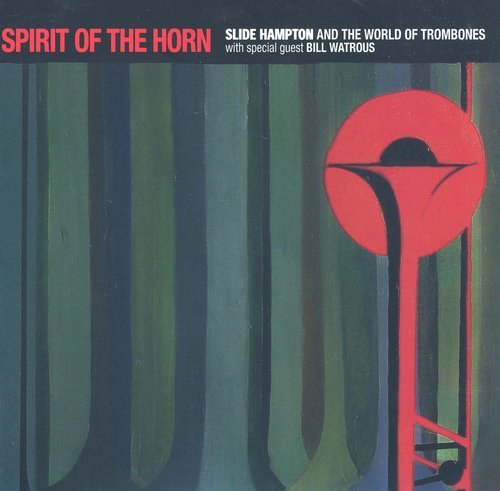
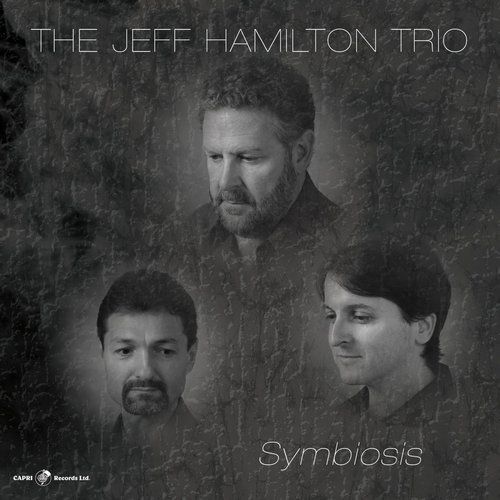
![David Hillyard & The Rocksteady Seven - Home For Dinner (2026) [Hi-Res] David Hillyard & The Rocksteady Seven - Home For Dinner (2026) [Hi-Res]](https://img.israbox.com/img/2026-02/19/i90pm6wt5icib19ylzpzq7dyv.jpg)
![Ali Shaheed Muhammad, Adrian Younge - Cross: Season 2 (Prime Video Original Series Soundtrack) (2026) [Hi-Res] Ali Shaheed Muhammad, Adrian Younge - Cross: Season 2 (Prime Video Original Series Soundtrack) (2026) [Hi-Res]](https://img.israbox.com/img/2026-02/18/c61izyjkl1wnuz91hzkfnam7x.jpg)
